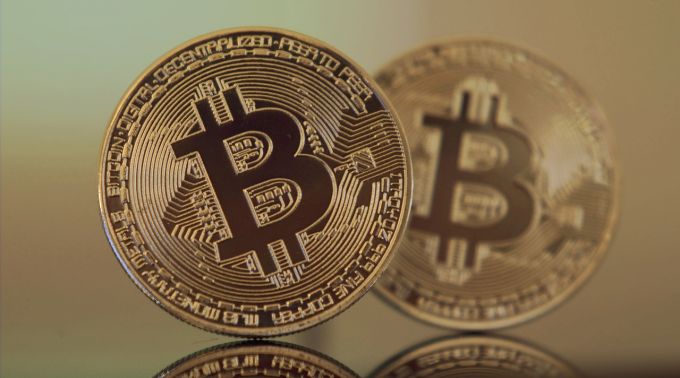
Bitcoin Shows Resilience Despite Rate Hike ConcernsBitcoin Shows Resilience Despite Rate Hike Concerns Despite recent concerns about further potential interest rate hikes by the Federal Reserve, Bitcoin has shown notable resilience according to analysts. This comes after Fed Chair Jerome Powell's speech at the annual Jackson Hole symposium last week, where he indicated that more rate hikes may be on the horizon as the Fed battles elevated inflation.Bitcoin Bounces Back After Jackson Hole SelloffAccording to Sam Callahan, lead analyst at Swan...
Despite recent concerns about further potential interest rate hikes by the Federal Reserve, Bitcoin has shown notable resilience according to analysts. This comes after Fed Chair Jerome Powell's speech at the annual Jackson Hole symposium last week, where he indicated that more rate hikes may be on the horizon as the Fed battles elevated inflation.
Bitcoin Bounces Back After Jackson Hole Selloff
According to Sam Callahan, lead analyst at Swan Bitcoin, Powell's hawkish tone at Jackson Hole "spooked" some investors, resulting in declines across various asset classes including Bitcoin. Callahan explained that when risk-free rates continue rising, it "pulls funds away" from riskier assets as investors can earn more attractive yields in Treasuries and money market funds.
Consequently, Bitcoin, equities, and other assets dropped following the latest signal of tightening monetary policy.
Callahan pointed out that inflation has moderated from its peak while unemployment remains near historic lows, however, implying the Fed still has "room to continue hiking" to get inflation back down to its 2% target. Core inflation excluding food and energy is proving stickier, especially in services, which Powell has frequently highlighted.
With the Fed seemingly intent on further tightening, he said continued rate hikes could maintain downside pressure on Bitcoin, which is still largely viewed as a speculative asset.
Lingering Inflation Keeps Fed on Hawkish Path
Interestingly though, Bitcoin's price reaction to key inflation data this year has been rather muted compared to 2022 when aggressive Fed tightening tanked crypto markets, with the currency rallying in 2023 despite CPI dropping from its highs.
Callahan explained that while rising real rates have historically constrained Bitcoin, issues on the fiscal side may be driving more adoption. He noted that as rates increase, budget deficits swell, worsening an already unsustainable fiscal trajectory.
This could push more long-term investors toward decentralized assets like Bitcoin and gold as hedges against fiscal uncertainty. The unstable fiscal situation coupled with ongoing Fed tightening may thereby "benefit Bitcoin as people think about the long-term consequences."
When questioned about potential price catalysts, Callahan pointed to leveraged traders getting "wiped out" as a foundation for upward continuity after cascading liquidations exacerbated the latest downturn. He also highlighted growing institutional interest as a key driver, citing BlackRock's Bitcoin spot ETF application as a watershed moment.
Institutions Warming Up to Crypto as Macro Hedge
Approval could significantly expand access and demand from institutions presently deterred by restrictions on direct Bitcoin investment. Retail investing would also become far more convenient with simple Bitcoin exposure through traditional brokerage accounts.
Overall, Callahan remains constructive on Bitcoin's investment thesis amid macro uncertainty. While correlations to equities and susceptibility to Fed policy remain in flux, Bitcoin continues gaining traction among institutions and investors seeking alternatives to traditional finance.
Its recent resilience despite hawkish Fed signaling seemingly backs up its evolving image as a hedge against the mainstream monetary regime.
With leveraged excesses wrung out and expectations of easier access mounting, the stage may be set for Bitcoin's next bullish impulse.




